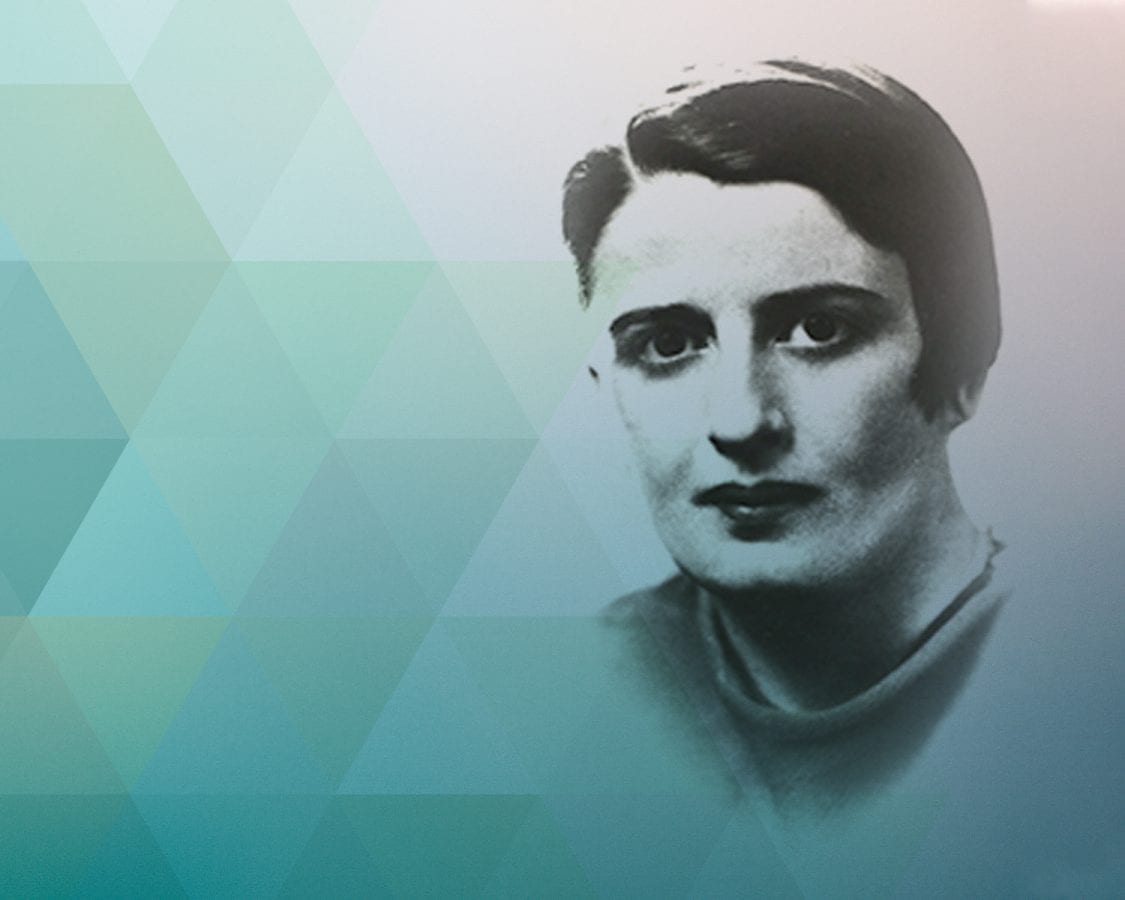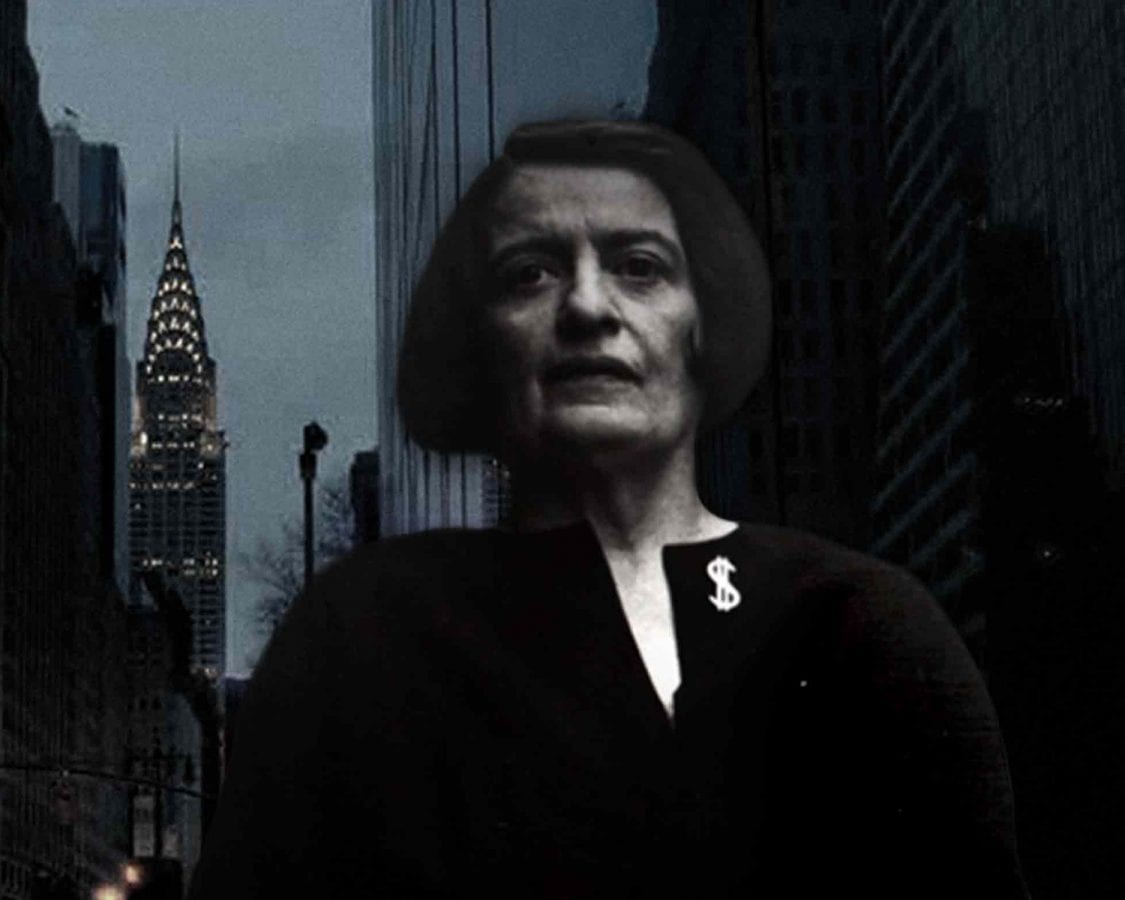Ayn Rand’s 1957 novel Atlas Shrugged is about the destruction — and rebirth — of the world and man’s spirit. In this passage from the novel, Francisco d’Anconia speaks to Hank Rearden, a self-made man who has risen to the position of the country’s greatest steel industrialist.
“You, who would not submit to the hardships of nature, but set out to conquer it and placed it in the service of your joy and your comfort — to what have you submitted at the hands of men? You, who know from your work that one bears punishment only for being wrong — what have you been willing to bear and for what reason? All your life, you have heard yourself denounced, not for your faults, but for your greatest virtues. You have been hated, not for your mistakes, but for your achievements. You have been scorned for all those qualities of character which are your highest pride. You have been called selfish for the courage of acting on your own judgment and bearing sole responsibility for your own life. You have been called arrogant for your independent mind. You have been called cruel for your unyielding integrity. You have been called anti-social for the vision that made you venture upon undiscovered roads. You have been called ruthless for the strength and self-discipline of your drive to your purpose. You have been called greedy for the magnificence of your power to create wealth. You, who’ve expended an inconceivable flow of energy, have been called a parasite. You, who’ve created abundance where there had been nothing but wastelands and helpless, starving men before you, have been called a robber. You, who’ve kept them all alive, have been called an exploiter. You, the purest and most moral man among them, have been sneered at as a ‘vulgar materialist.’ Have you stopped to ask them: by what right? — by what code? — by what standard? No, you have borne it all and kept silent. You bowed to their code and you never upheld your own. You knew what exacting morality was needed to produce a single metal nail, but you let them brand you as immoral. You knew that man needs the strictest code of values to deal with nature, but you thought that you needed no such code to deal with men. You left the deadliest weapon in the hands of your enemies, a weapon you never suspected or understood. Their moral code is their weapon. Ask yourself how deeply and in how many terrible ways you have accepted it. Ask yourself what it is that a code of moral values does to a man’s life, and why he can’t exist without it, and what happens to him if he accepts the wrong standard, by which the evil is the good. Shall I tell you why you’re drawn to me, even though you think you ought to damn me? It’s because I’m the first man who has given you what the whole world owes you and what you should have demanded of all men before you dealt with them: a moral sanction. . . .
“You’re guilty of a great sin, Mr. Rearden, much guiltier than they tell you, but not in the way they preach. The worst guilt is to accept an undeserved guilt — and that is what you have been doing all your life. You have been paying blackmail, not for your vices, but for your virtues. You have been willing to carry the load of an unearned punishment — and to let it grow the heavier the greater the virtues you practiced. But your virtues were those which keep men alive. Your own moral code — the one you lived by, but never stated, acknowledged or defended — was the code that preserves man’s existence. If you were punished for it, what was the nature of those who punished you? Yours was the code of life. What, then, is theirs? What standard of value lies at its root? What is its ultimate purpose? Do you think that what you’re facing is merely a conspiracy to seize your wealth? You, who know the source of wealth, should know it’s much more and much worse than that. Did you ask me to name man’s motive power? Man’s motive power is his moral code. Ask yourself where their code is leading you and what it offers you as your final goal.
“If you saw Atlas, the giant who holds the world on his shoulders, if you saw that he stood, blood running down his chest, his knees buckling, his arms trembling but still trying to hold the world aloft with the last of his strength, and the greater his effort the heavier the world bore down upon his shoulders — what would you tell him to do?”
“I . . . don’t know. What . . . could he do? What would you tell him?”
“To shrug.”






